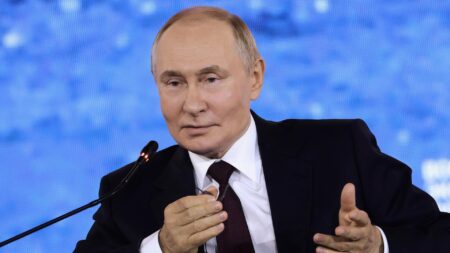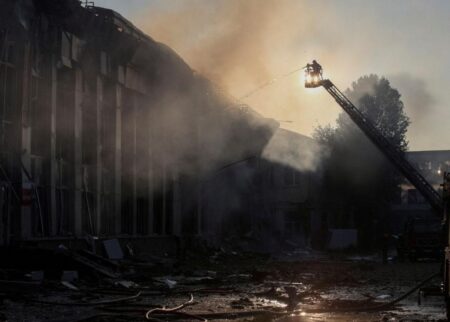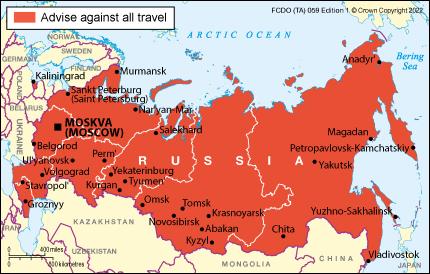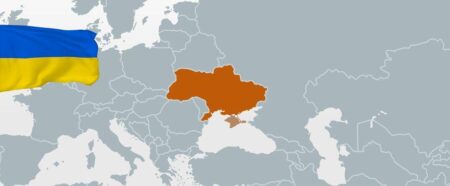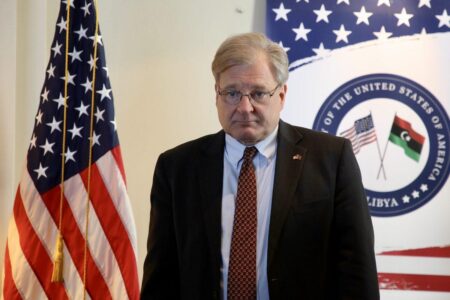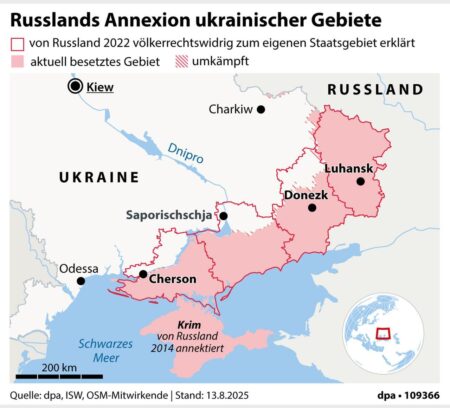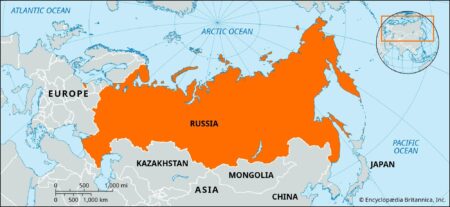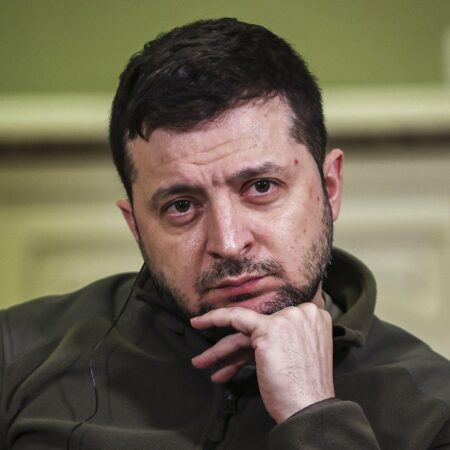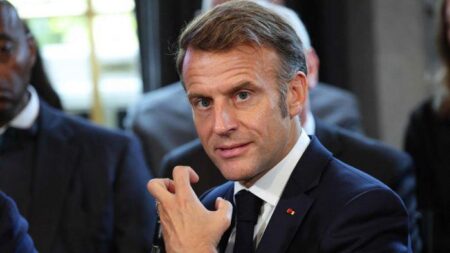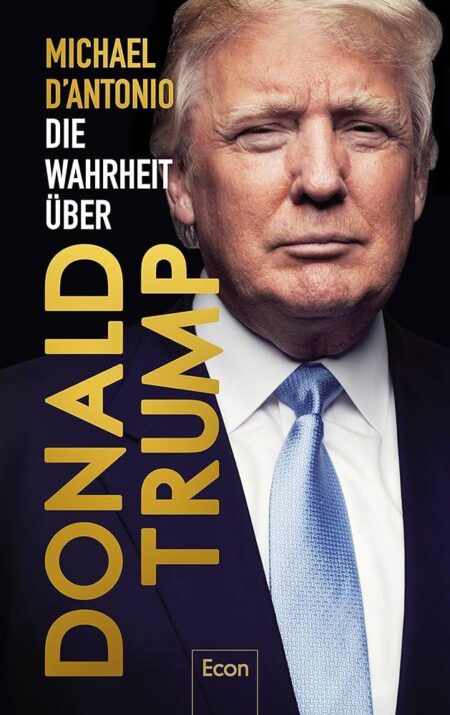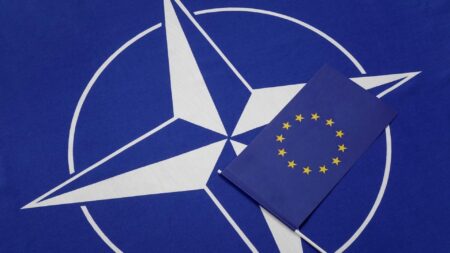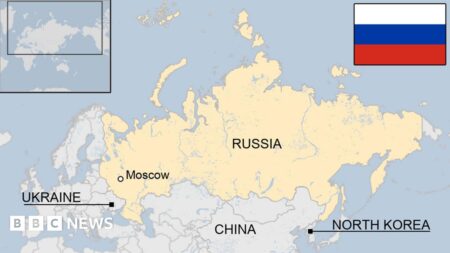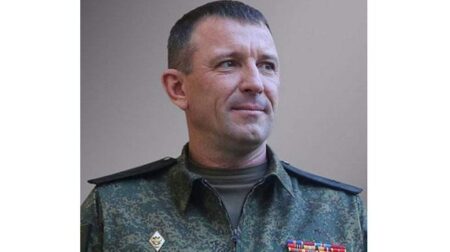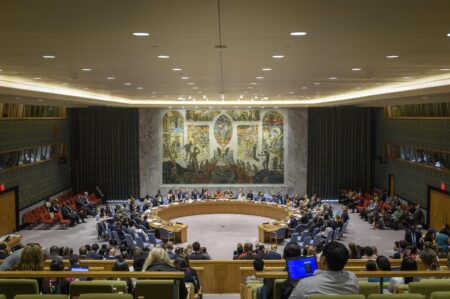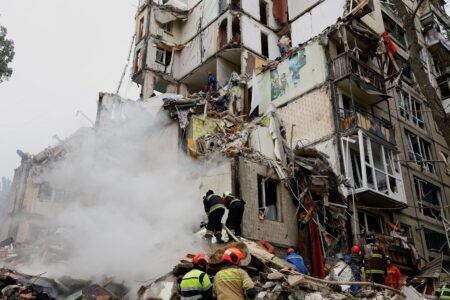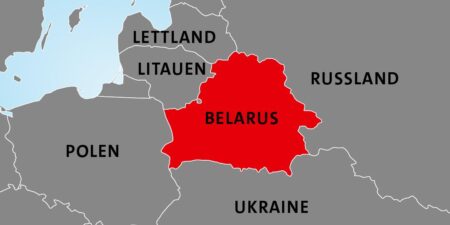Russian President Vladimir Putin boldly declared that Russia is winning its “righteous battle” in Ukraine, spotlighting major strides amid the ongoing conflict, Reuters reports. This statement underscores Moscow’s steadfast determination despite growing international pressure
Browsing: Eastern Europe
A relentless Russian drone and missile assault on Ukraine has tragically taken the lives of at least 4 people and injured 70 more, according to AP News. This devastating attack targeted multiple locations, escalating the already intense conflict to new heights
Russia claims it has received “no signals” from Ukraine about peace talks, even as tensions soar and NATO delivers a stark warning. The Kremlin stresses the importance of dialogue but remains skeptical about any meaningful progress from Kyiv
From her prison cell in Georgia, Mzia Amaglobeli urgently urges Europe to stand strong and refuse to abandon her homeland to Russian influence. She highlights the vital need for unwavering unity and support as geopolitical tensions reach a boiling point
Ukraine has accused Russia of orchestrating a recent drone incursion as a deliberate tactic in a broader campaign to pressure Western nations. Kyiv warned that this move aims to escalate tensions amid the ongoing conflict, Reuters reported
Western diplomats have delivered a powerful warning to Russia: NATO is prepared to shoot down any warplanes that breach its airspace, Bloomberg reports. This urgent alert underscores the escalating tensions amid ongoing regional conflicts
Former President Donald Trump boldly declared his unwavering confidence that Ukraine will reclaim every inch of territory seized by Russia since the 2022 invasion, emphasizing his deep faith in Ukraine’s resilience and its relentless march toward victory
Germany is ramping up its drone defense efforts amid escalating tensions with Russia. This bold strategy aims to strengthen national security by tackling new aerial threats head-on in a rapidly evolving geopolitical landscape
Russia’s aggressive interference in Moldova’s elections threatens the very core of the nation’s democracy. Through relentless disinformation campaigns and cyberattacks, it seeks to manipulate voters and destabilize the pro-Western government
Special Report: Ukrainian President Zelensky unveils groundbreaking war technology aimed at countering Russian aggression, signaling a bold new strategic direction as the conflict hits a critical turning point
In a recent interview with France 24, President Macron boldly addressed urgent global issues, emphasizing France’s strong stance on the Palestine conflict and its steadfast commitment to supporting Ukraine amid escalating tensions
Former President Donald Trump boldly asserted that Ukraine possesses the power to overcome Russia, shining a spotlight on the country’s extraordinary resilience. His remarks come at a pivotal moment, as the world debates how to best support Ukraine and steer through the ongoing conflict
NATO has delivered a powerful warning to Russia following an unauthorized airspace violation over Estonia, denouncing the breach as a grave threat to regional security and demanding immediate respect for international borders
Russia has charged NATO with planning a military landing in Ukraine and an occupation of Moldova, ramping up tensions in the already volatile regional conflict, according to a recent Newsweek report
Poland scrambled jets in a dramatic response to Russia’s massive aerial assault on Ukraine, ramping up regional tensions. This bold action underscores growing fears that the conflict could spill beyond borders as violence intensifies, CNN reports
Russia has reportedly fired a top general labeled “good-for-nothing” following a string of costly strategic blunders in Ukraine, The Kyiv Independent reveals. This dramatic shake-up highlights Moscow’s growing frustration with its persistent military setbacks
The UN Security Council is gearing up for an urgent meeting following reports of a possible Russian airspace violation over Estonia. This crucial session aims to address the escalating tensions shaking the Baltic region, Anadolu Ajansı reports
Russia has launched a massive assault on Ukraine, resulting in 3 fatalities and dozens more injured, reports MPR News. This fierce attack marks a significant escalation in the ongoing conflict between the two nations
Ukrainian President Zelenskyy urged former U.S. President Trump to take a “clear position” on Russia sanctions, emphasizing their vital importance as tensions continue to rise, NBC News reports
Belarus has thrown open a rare invitation to U.S. military officers to observe joint drills with Russia, signaling an unexpected moment of openness amid tense East-West relations. This daring gesture highlights Minsk’s careful balancing act as it maneuvers through the intricate challenges of regional security

